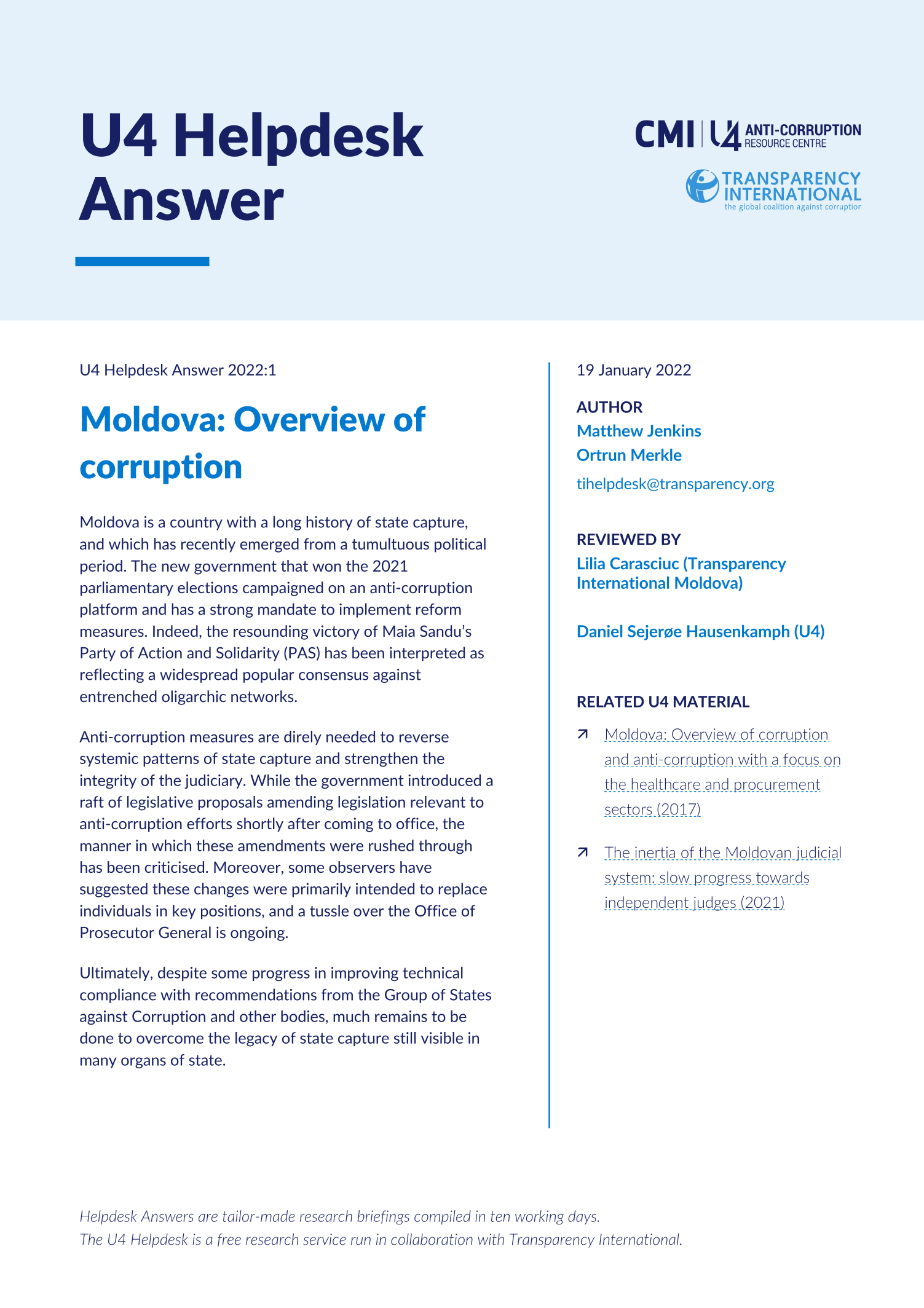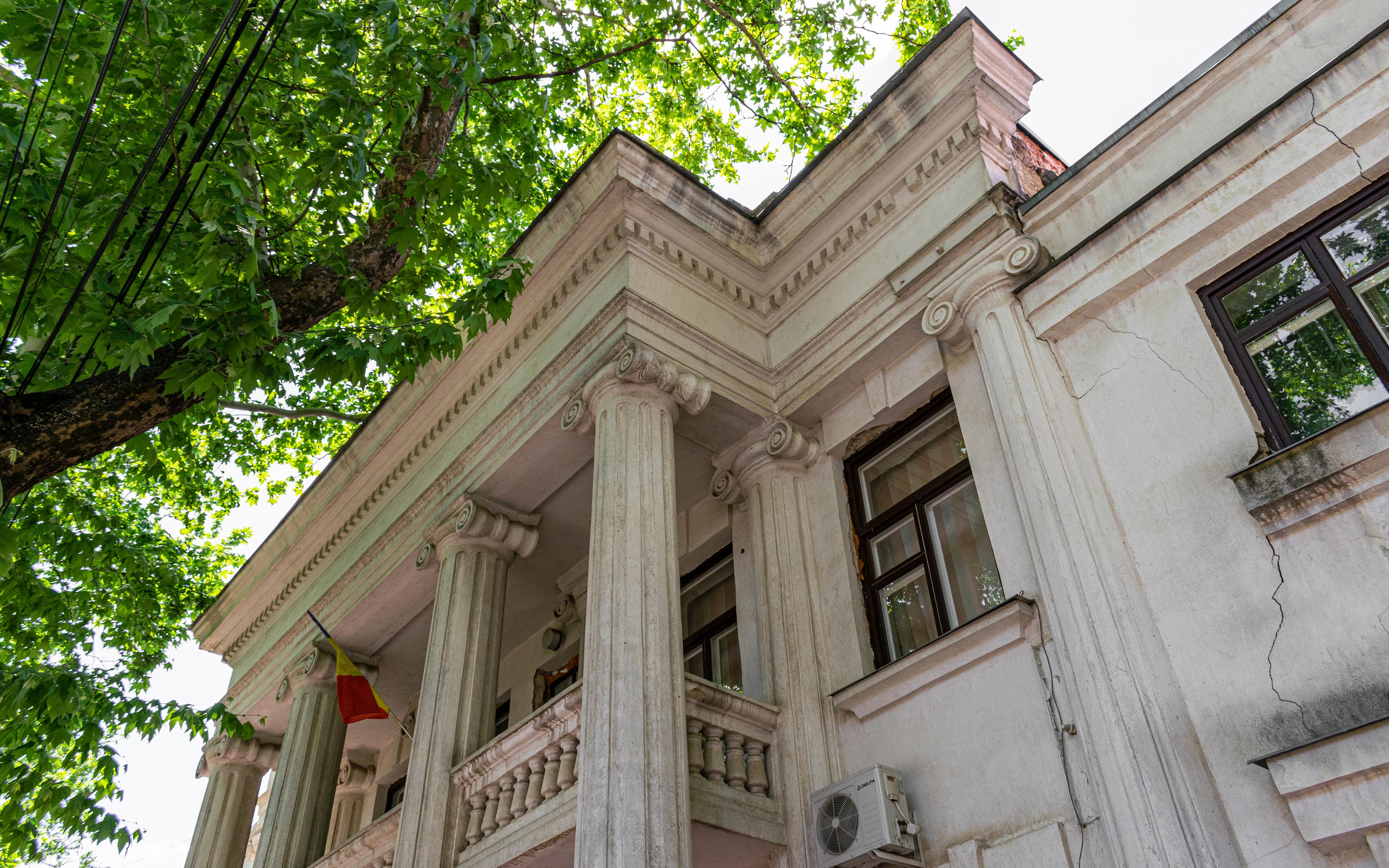Main points
- The victory of the PAS party has been interpreted as a positive development that brings new momentum to anti-corruption efforts in the country.
- Nonetheless, systemic forms of state capture linger on and addressing entrenched corrupt networks will not be straightforward.
- The independence and integrity of key oversight institutions and the judiciary has long been compromised by political interference, and observers are watching carefully to see how the new government responds to setbacks in its reform agenda.
- The manner in which proposed amendments to relevant anti-corruption legislation were made has been criticised as not allowing sufficient time for consultation, and in certain cases seemingly targeted at removing specific individuals from their posts.


